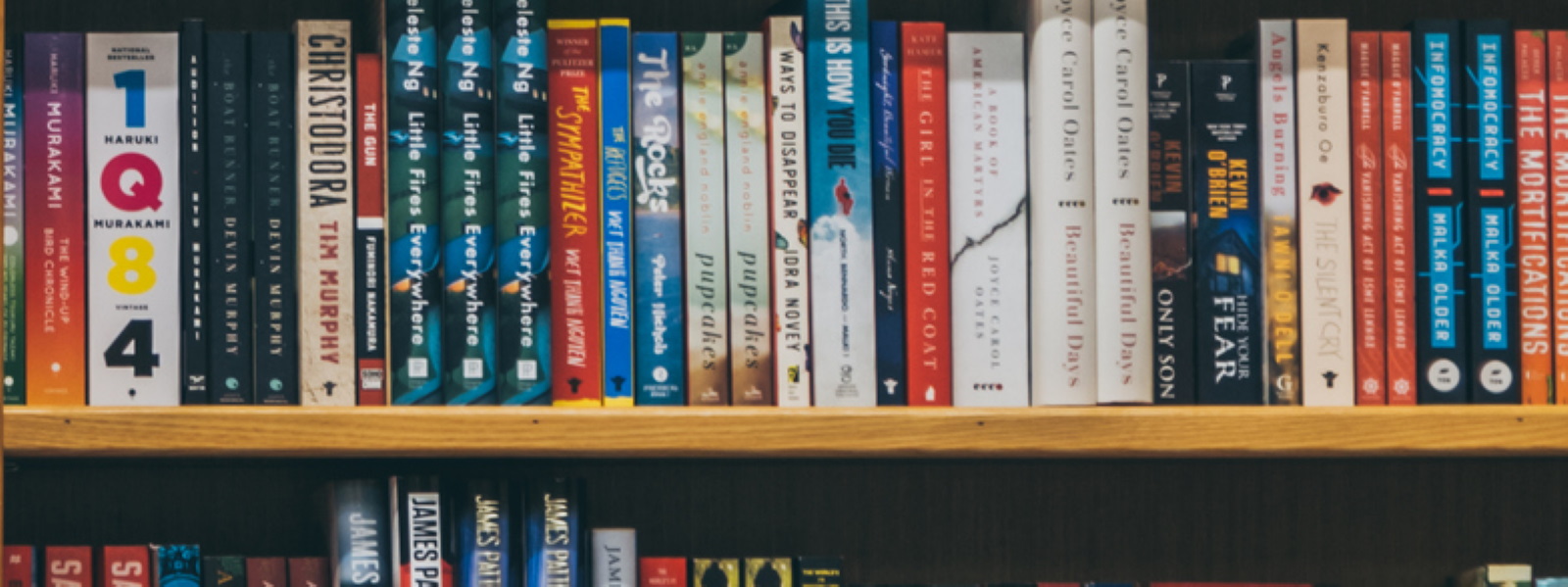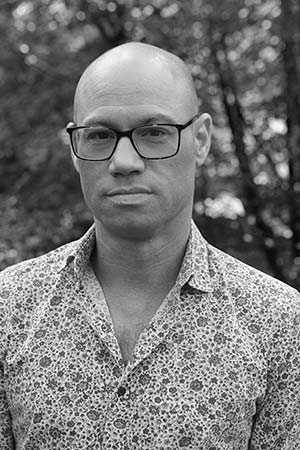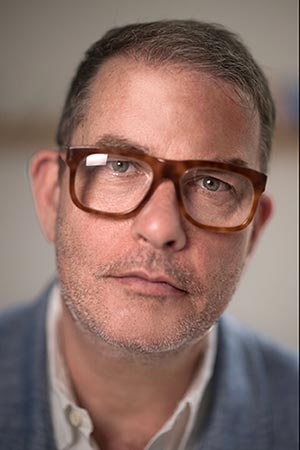
Dr Rodge Glass and Dr Andrew Meehan are published authors but, as Creative Writing lecturers at Strathclyde, they are also nurturing the next generation of writers.
A key element which they teach their students is craft and they have been called upon by the BBC to provide context and commentary on Radio 4’s Take Four Books, where writers are invited to discuss one of their own works and select three by other authors which have shaped their work. The programme has a weekly audience of around 1 million listeners, on the radio, online and on downloads.
We asked them about taking part in the programme and the influence on their own work.
How did you become involved in Take Four Books?

RG: I’ve been appearing on BBC Radio Scotland’s Sunday Morning programme, where they often have writers on, for a year or so. After I was heard on this, I was asked to be the ‘craft voice’ when AL Kennedy appeared on Take Four Books and I’ve since done a programme with another writer, Susan Barker. They BBC recently moved their radio books programming to Glasgow, so it’s useful for them to have a pool of people in and around the city who can talk about this subject.
AM: My first programme was with the Scottish-Egyptian writer Rachelle Atalla; I think she was asked for an author who could usefully contribute to the programme and she requested me. I seemed to get the gist of the show and I’ve just recorded another, with Booker-nominated author David Szalay.
What is your role on Take Four Books?
RG: We look at the work of an individual writer to make sense of how their writing works. It’s nice that it allows you, in a really simple way, to talk about craft with a large audience, without it seeming like something that's for a very small amount of people. It helps to bring people an understanding of how books are made.
AM: We’re there almost to be a conduit between the author of the week and the listener. We ask the kind of questions we ask in our Creative Writing classes: how was the text put together? How is it crafted? What are the things, from the writer and reader’s point of view, that inform the structure of the form and the shape of a text? It’s like an accessible extension of what we do in our teaching at Strathclyde.
How has taking part in the programme informed your own writing and teaching?
RG: Writing can often seem like this mysterious thing where you wait for lightning to strike, and out it magically comes, created in this way that nobody can understand, not even the writer. There are elements of magic and mystery and that’s wonderful but our work at Strathclyde is based on the idea that the huge multi-libraries of the past are a great basis for understanding how storytelling works.
Older stories
Shakespeare is often seen as the root of our literature but that's not the case at all. You only need to spend a few minutes with those texts to see that they're all based on older stories. I was talking to our Masters students recently about exactly this issue; how new stories are rooted in old stories, how we identify where they come from and how a new writer makes it theirs whilst also acknowledging where it comes from.
What I like about this programme is that it allows you to interrogate that question without it being too heavy-handed, and what you're doing in any book programme is trying to get people interested in the idea that reading can be enjoyable and that, by understanding how books are put together, we can get something from them.
I feel that doing this kind of work, being made to think clearly and articulate yourself clearly on the radio, does have direct impact on how you write your own work. Each time you read a book, you might find things that inspire you, but also that maybe frustrate you, or you might learn from the way that another writer is doing something that you want to respond to or resist. The resistance is OK as well; you don't have to like absolutely everything.
AM: I was quite excited to be there. We are published authors, but to get this platform alongside well-known authors, with the listenership of Radio 4, really is something substantial.

Working writers
On the day I recorded the programme with David Szalay, I was talking with the Masters class about pacing, narrative time and the way a text is put together. It might have just been happenstance but when I was recording later that day, I was talking about the exact same narrative principle. I think this shows that what we're talking about, working on and sharing in the classroom has an application for working writers. With our colleagues, including Dr Maria Sledmere, Dr Jessica Widner, Dr Sarah Bernstein and Dr Steve Veerapen, we share with students the things they will need as writers, so I hope it's proof that our teaching is practical minded, very based on what the students can do themselves.
It’s a privilege to talk on national radio about how you responded to really interesting pieces of work but it's also a privilege to talk to students because teaching creative writing in a university is an exciting thing to be doing. You’re giving to the students but you're receiving energy back from them; they come in enthused and you want them to leave more enthused, with more knowledge and confidence in their creative practice.